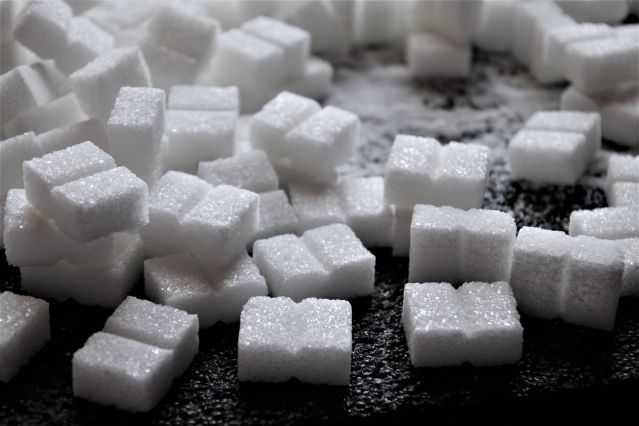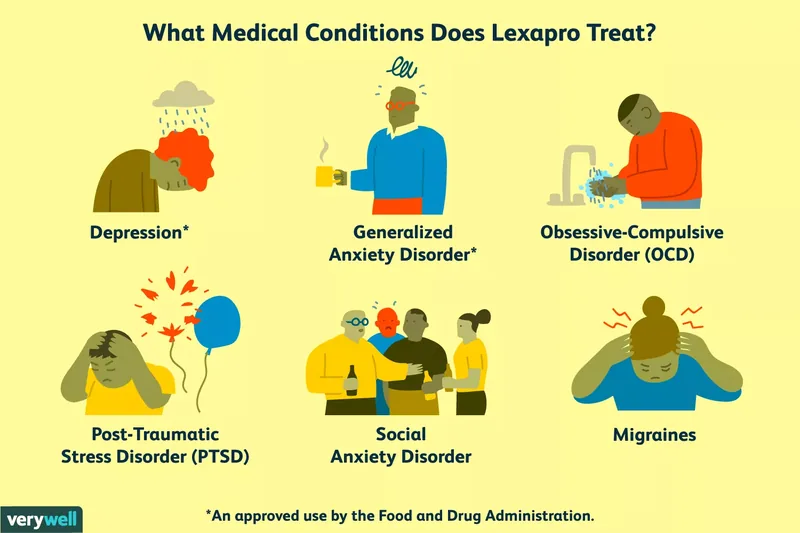Feeling the daily grind? Stress is a constant companion for many, often leading us to seek quick comforts. For years, sugary treats and drinks have been our go-to, promising a fleeting moment of calm or an energy boost. But what if there was a healthier way to unwind that offered genuine relaxation without the hidden costs?
It's time to redefine what true relaxation means, moving beyond instant gratification to embrace sustainable well-being.
Key Insights for a Healthier Unwind:
- Sugar's Ubiquity & Impact: Sugar is deeply ingrained in our diets, consumed in quantities public health experts deem alarming due to its pervasive presence in processed foods and beverages. It activates the brain's reward system, releasing dopamine, which can foster a cycle of dependence (Harvard, 2024).
- Kava: A Natural Alternative: Derived from the Piper methysticum shrub, kava has gained traction as a natural, non-alcoholic option for relaxation. It is generally considered safe with a low addictive potential for most individuals, offering a calming effect without the typical side effects of alcohol or the crashes associated with sugar.
- The Dopamine Paradox: Both kava and sugar can influence mood and stress by affecting dopamine release. However, their long-term physiological impacts and the quality of relaxation they provide differ dramatically.
Is Kava a Healthier Way to Unwind Than Sugar?
If you've noticed wellness bars popping up in vibrant city centers, you might have seen kava on the menu. This South Pacific traditional plant, once obscure, is now a popular choice for those seeking to relax naturally. Kava is celebrated for its ability to promote feelings of calm, reduce everyday anxiety, and even encourage social interaction without impairing mental clarity. It's becoming an attractive alternative to alcohol and overly sugary options for individuals looking for a healthier way to unwind.
While some researchers suggest kava might have mild addictive characteristics, further studies are needed to fully understand its long-term potential. Interestingly, society often overlooks the well-documented, habit-forming nature of sugar, which is woven into nearly every processed food and beverage we consume. Sugar's widespread acceptance often masks its growing evidence of being far more harmful and habit-forming than many realize (Stanford researchers).
Why is Sugar's Impact on Health a Growing Concern?
Sugar is undeniably familiar, yet its impact on our health is often underestimated. It delivers a powerful, albeit short-lived, sense of reward by lighting up the brain's reward system, similar to how it responds to addictive substances. This explains why we instinctively reach for sweets during moments of stress, emotional upset, or fatigue—it's a learned coping mechanism that provides immediate, though temporary, relief.
However, the long-term health consequences of excessive sugar intake are alarming. High consumption is strongly linked to chronic conditions such as obesity, Type 2 diabetes, heart disease, and liver disease.¹ Beyond physical health, a growing body of research also connects sugar with mental health challenges, including increased risks of anxiety, mood swings, and symptoms of depression.² Despite these findings, sugar remains largely unregulated and is often marketed as a harmless part of celebrations and daily life. Consider the ubiquitous sugary cereals marketed to children or the high-sugar content in popular snack foods; these examples highlight how deeply integrated sugar is into our culture, often overshadowing its potential harm.
How Do Kava and Sugar Differ in Promoting Relaxation?
Both kava and sugar can influence mood and help manage stress, but their mechanisms and long-term effects are profoundly different. Kava gently calms the nervous system, offering subtle, sustained relaxation without overstimulation. Most users report feeling a sense of peace and improved sleep quality. Crucially, kava does not cause the blood sugar spikes and subsequent crashes that sugary foods do, making it a more stable option for mood management.
In contrast, sugar provides an immediate burst of energy and an emotional lift. However, this










